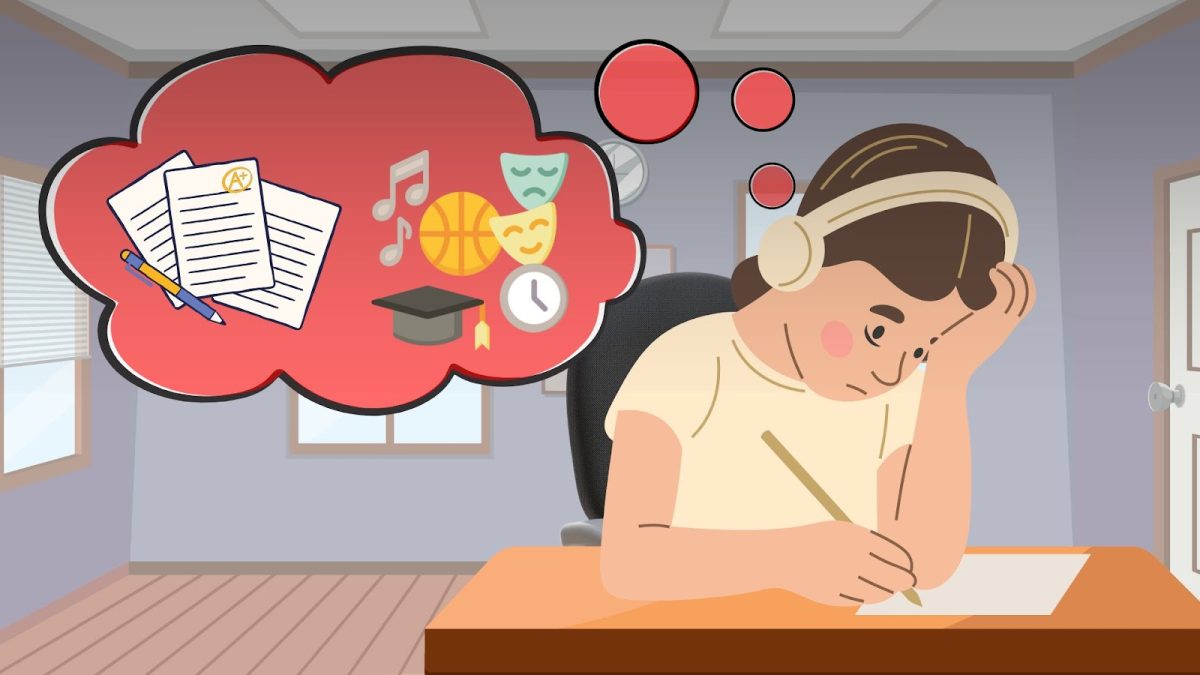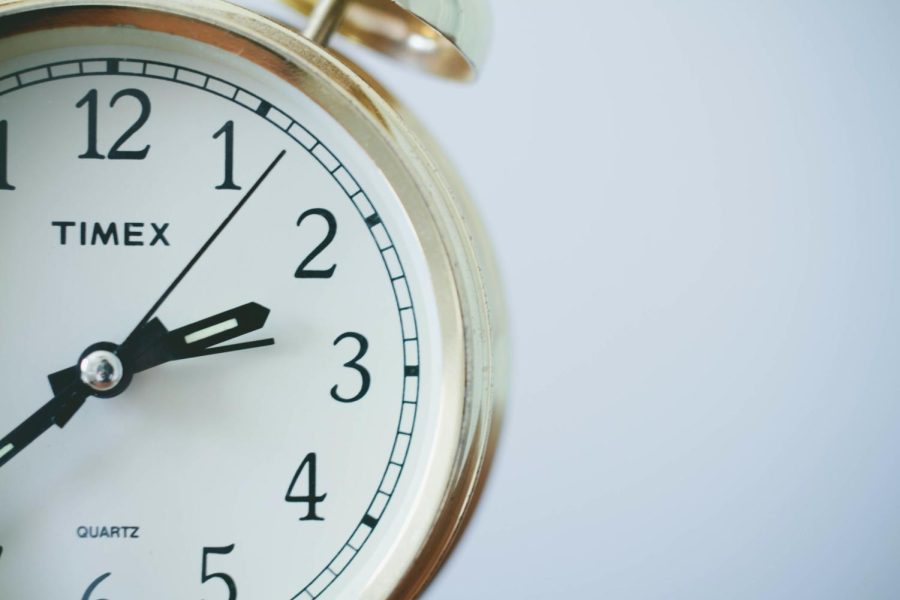2023: Clocks spring forward permanently altering lifestyles
Clocks spring forward in the spring and fall back in the autumn. These constant switches destroy people’s health.
November 16, 2022
Clocks advance forward between the beginning of spring and fall every year for approximately 70 countries, including the United States. This period is known as Daylight Saving Time (DST). While DST itself has been beneficial, the bi-yearly time changes have caused people to lose sleep in more ways than one.
Daylight Saving Time was first proposed in 1895 by New Zealand entomologist George Hudson because he wanted more evening sunlight to go bug-hunting. Hudson’s proposal did not gain much traction until WWI when multiple countries adopted DST in an effort to save energy, including the United States. It became an official law in the United States under the Uniform Time Act in 1966.
Despite being around for nearly a century, the changes between Standard time and DST continue to face opposition in the United States. In fact, 71% of Americans are in favor of removing the yearly time switch — and for good reason. Studies have shown that the switches are detrimental to people’s health.
According to Dr. Joseph Takahashi, the chair of the Department of Neuroscience at UT Southwestern, “this twice-a-year desynchronization of our body clocks has been linked to increased health risks such as depression, obesity, heart attack, cancer, and even car accidents.”
As a matter of fact, one study showed that the number of fatal traffic accidents increased by 6% after the spring time change, and another study indicated that hospitals reported addressing 11% more depressive symptoms right after the fall time change due to lack of sunlight.
In an interview with the Fremont Tribune, Dr. Lois Krahn, a Mayo Clinic sleep medicine expert, revealed that removing the time changes would be beneficial for the body. “Humans do best if our schedule is consistent, and we go to bed at the same time and get up at the same time each night, day after day, because that’s when our clock is really optimized,” said Krahn.
The majority of authorities agree that the time switches are detrimental to human health, but should the United States’ national clock be permanent standard time or permanent daylight savings time?
As an average American citizen, permanent Daylight Saving Time would be the most beneficial. Many people plan their activities in the afternoon, and the extra sunlight allows for more productivity in the evenings. In fact, the longer evenings cause increased exercise and outdoor activities. These prolonged daylight hours also benefit commerce as people are more willing to go shopping while the sun is up.
Unexpectedly, daylight savings time also helps with bone and teeth health. This is due to the additional vitamin D that comes from the sun’s rays. The vitamin can counteract deficiencies that may cause harmful inflammation.
DST also lowers crime rates. Crime is more likely to happen in the darkness of the evenings rather than mornings. Studies show that crime rates are 30% lower in the mornings, even when it is still dark outside. Increased afternoon sunlight could decrease the crime rate by 20%.
Similarly, fatal traffic accidents are more likely to occur during the evening rush because more people are on the road at this time and the probability of drunk drivers is higher. If year-round DST was introduced, hundreds of lives could potentially be saved.
Fortunately, the government has noticed the benefits of year-long DST. The Sunshine Protection Act, which aims to make Daylight Saving Time permanent, was approved by the U.S. Senate unanimously in March. While the bill has yet to pass the House of Representatives, it has brought the issue to the forefront of many minds. Despite being created by a bug scientist on a whim, Daylight Saving Time has impacted the sleep schedules of many for both better and worse. As the country decides how to set its clock, it must keep in mind that plentiful sunlight is necessary to nurture the body and spirit of its inhabitants.



















































































